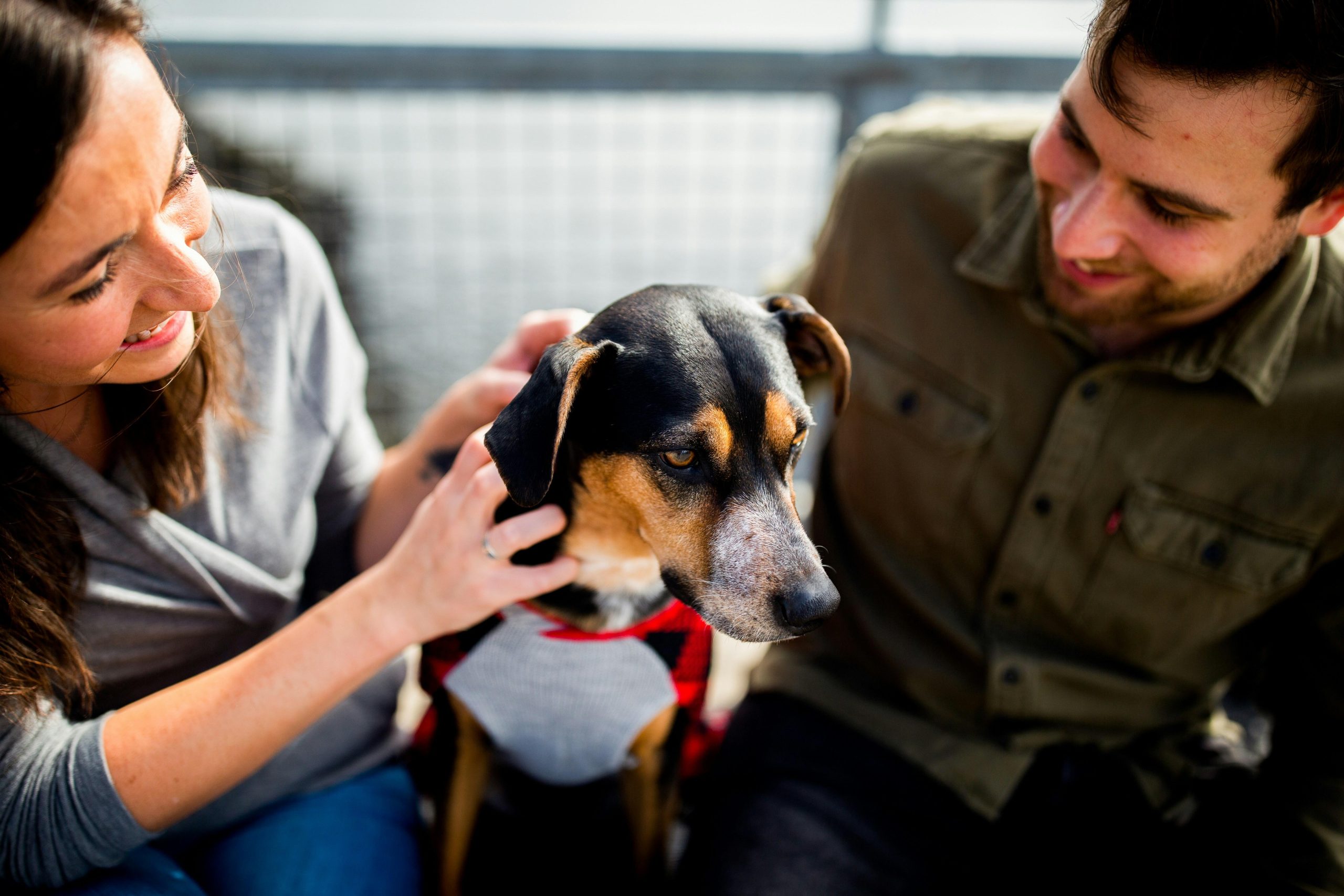Should Aggressive Dogs Be Rehomed Instead of Trained

When faced with the challenge of managing aggressive dogs, pet owners and animal welfare advocates often find themselves at a crossroads: should these animals be rehomed to more suitable environments, or should efforts be concentrated on training and rehabilitation? This question is not only pivotal for the welfare of the dogs but also for the safety and peace of mind of the communities they inhabit. As we delve into this topic, it is essential to consider the various factors that influence this decision, including the severity of the aggression, the resources available for training, and the potential for successful rehoming. By examining these elements, we aim to provide a comprehensive understanding of the options available, enabling informed decision-making that prioritizes the well-being of both dogs and humans alike.
Understanding Aggression in Dogs: Causes and Misconceptions
When discussing the complex topic of canine aggression, it’s essential to delve into the underlying causes and common misconceptions surrounding this behavior. Aggression in dogs can stem from various factors such as fear, territorial instincts, lack of socialization, or even medical issues. It’s crucial to recognize that not all aggressive behaviors are the same, and understanding the root cause is the first step toward addressing the issue effectively. Often, aggressive behaviors are misinterpreted or mishandled due to a lack of awareness or knowledge, leading to hasty decisions like rehoming.
- Fear-Based Aggression: Dogs that have experienced trauma or insufficient exposure to various environments may react aggressively out of fear.
- Resource Guarding: Some dogs exhibit aggression to protect their possessions, whether it’s food, toys, or even their human companions.
- Medical Issues: Pain or neurological disorders can sometimes manifest as aggression, highlighting the need for a veterinary assessment.
Misconceptions about aggressive dogs often lead to the belief that rehoming is the only solution. However, with the right training and understanding, many dogs can overcome these behaviors. Professional training focuses on modifying a dog’s response to triggers and can help in managing or even eliminating aggressive tendencies. Therefore, before considering rehoming, it’s worthwhile to explore behavioral training options, as each dog’s potential for improvement is unique.

Evaluating the Effectiveness of Training Programs for Aggressive Dogs
is a multifaceted process that requires a nuanced approach. These programs aim to modify behavior through a combination of techniques, such as positive reinforcement, desensitization, and behavior modification. To assess their success, several factors must be considered:
- Individual Progress: Monitoring the specific changes in a dog’s behavior over time, noting improvements or setbacks.
- Trainer Expertise: The experience and qualifications of the trainer play a crucial role in the program’s effectiveness.
- Owner Commitment: The dedication of the owner to consistently apply learned techniques outside of training sessions.
- Environment: Evaluating how changes in the dog’s environment contribute to behavior modification.
Training vs. Rehoming: It is essential to weigh the benefits of training against the potential necessity of rehoming. While training programs can be effective, they may not be suitable for every dog or situation. In some cases, rehoming might provide a more stable and safe environment, both for the dog and its owners. Ultimately, the decision should be guided by the dog’s specific needs and the owner’s capacity to manage aggressive behaviors effectively.
The Pros and Cons of Rehoming Aggressive Dogs
When considering the decision to rehome aggressive dogs, it’s important to weigh the potential benefits and drawbacks. On the pro side, rehoming can provide the dog with an environment better suited to its needs, possibly with more experienced handlers or access to specialized training. It can also relieve stress on the original owners, who may not have the resources or skills to manage aggressive behavior effectively. Additionally, rehoming may prevent the risk of harm to family members or other pets, ensuring a safer home environment.
However, there are also cons to consider. Rehoming an aggressive dog can lead to emotional distress for both the pet and its original family, potentially exacerbating behavioral issues if not handled carefully. There’s also the risk that the new environment might not be as ideal as hoped, possibly leading to further rehoming or even abandonment. Moreover, finding a suitable home for a dog with aggression issues can be challenging, as potential adopters may be wary of the commitment required to address such behaviors. The ethical responsibility to ensure the dog’s welfare should be at the forefront of any rehoming decision.
- Pros: Better-suited environment, reduced stress, increased safety.
- Cons: Emotional distress, potential for worsening behavior, difficulty in finding a suitable home.

Guidelines for Making Informed Decisions on Handling Aggressive Dogs
When considering the best approach to manage an aggressive dog, it is crucial to evaluate the specific circumstances surrounding the dog’s behavior. Key factors to consider include the dog’s history, the severity of its aggression, and the environment it is currently in. Consulting with a professional animal behaviorist can provide insights into whether the aggression is a result of fear, dominance, or territorial instincts, which can significantly influence the decision between training and rehoming.
Here are some guidelines to help make informed decisions:
- Assessment of Risk: Evaluate the potential danger the dog poses to people and other animals. Consider whether the aggression is manageable with training or if it is beyond the capacity of the current owner.
- Professional Guidance: Engage with veterinarians or certified dog trainers who specialize in aggression. They can provide a tailored plan that might include behavior modification, training, or other interventions.
- Owner Capability: Reflect on whether the owner has the time, resources, and commitment required to train an aggressive dog. Training can be a long and demanding process.
- Rehoming Options: If rehoming is considered, ensure that the new environment is equipped to handle the dog’s specific needs, and the new owner is aware of the challenges involved.
Ultimately, the decision should be made with the dog’s welfare and the safety of those around it as the primary concerns.



